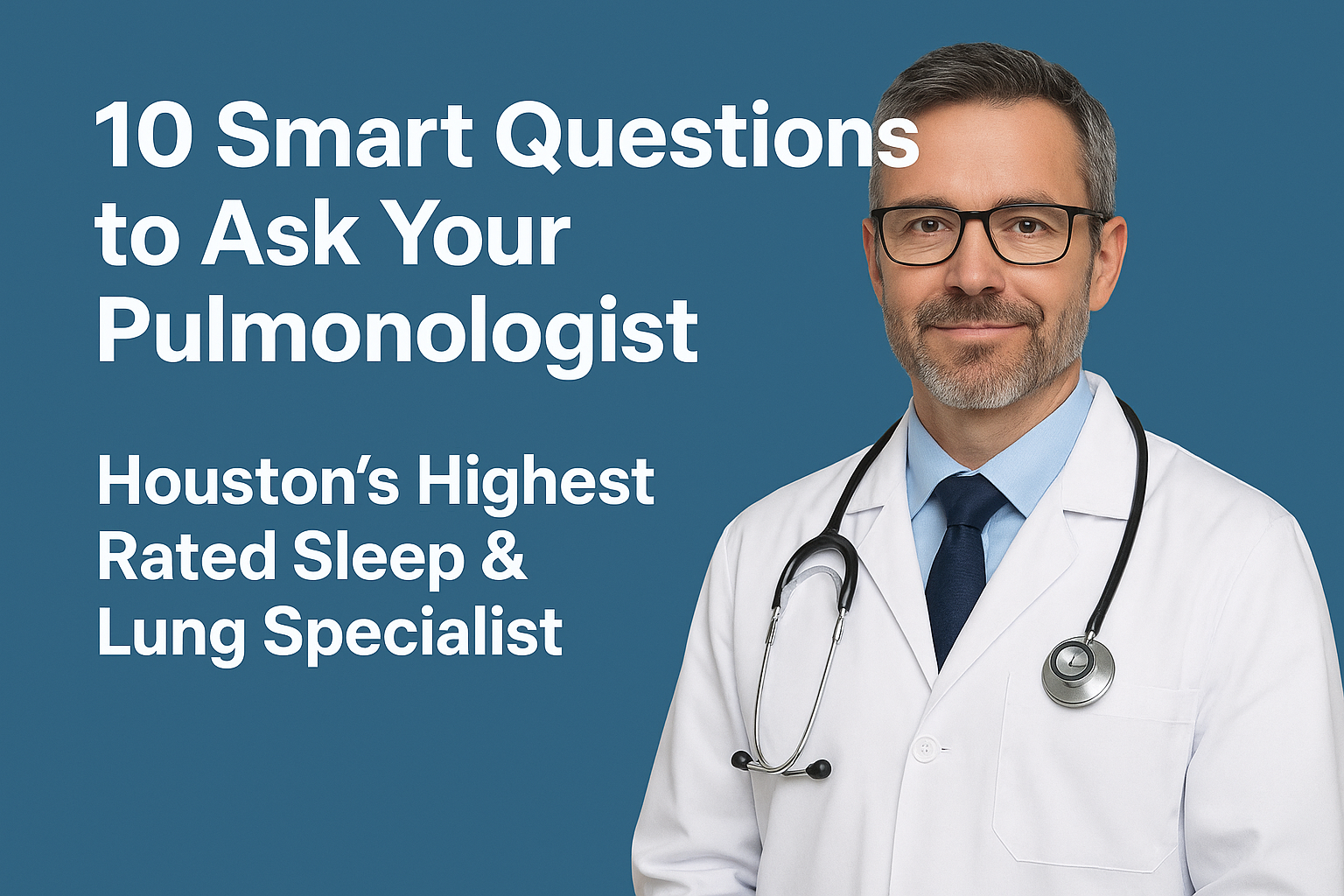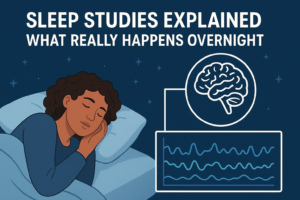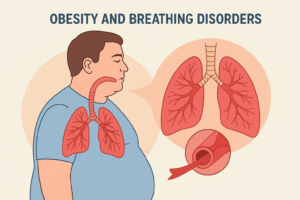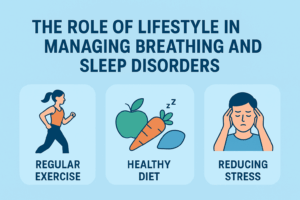
Checking out a pulmonologist can really feel frustrating, particularly if you’re managing breathing problems, allergic reactions, or rest issues. Preparing the ideal inquiries assists you obtain the most out of your check out and ensures you entrust a clear prepare for your health.
Here are the top 10 questions patients should ask their pulmonologist:
1. How do I know if my symptoms mean I need a pulmonologist?
Lots of people ask: “When should I see a lung doctor?” If you have persistent coughing, lack of breath, wheezing, or regular breast infections, it might be time to check out a professional.
2. How can I tell if I have sleep apnea?
A typical question is: “How do I recognize if I have sleep apnea?” Search for loud snoring, daytime drowsiness, early morning frustrations, or pauses in breathing at night. A sleep research study can validate the diagnosis.
3. What’s the difference between asthma and COPD?
Individuals commonly perplex these 2 conditions. Asking this assists your pulmonologist discuss treatment alternatives and what lifestyle changes can make the most significant difference.
4. What tests will you recommend for my breathing issues?
From lung feature examinations to sleep researches, your medical professional may recommend exams to determine the origin. Do not hesitate to ask what each test means and why it’s important.
5. What lifestyle changes can improve my lung health?
Whether it’s stopping smoking, adjusting diet regimen, or taking care of seasonal allergic reactions, your pulmonologist can offer you customized advice for day-to-day live.
6. Are there seasonal allergy relief tips I can use right now?
A highly browsed query is: “What’s the very best seasonal allergy alleviation?” Your physician might recommend antihistamines, air cleansers, or perhaps allergic reaction screening.
7. What treatment options are available for sleep apnea?
From CPAP machines to newer oral devices and lifestyle modifications, pulmonologists tailor remedies based upon your rest research study results.
8. How do lung conditions affect exercise and daily activity?
Ask your pulmonologist how to remain active safely, particularly if you have asthma or COPD. Pulmonary rehab programs may be advised.
9. What warning signs should I watch for?
Recognizing warnings– such as abrupt lack of breath, chest discomfort, or serious wheezing– can help you recognize when to look for instant treatment.
10. How often should I follow up with my pulmonologist?
Follow-ups ensure your problem is well-managed. The regularity depends upon your diagnosis, therapy reaction, and lifestyle aspects.
🧾 Patient FAQs (from Google’s “People Also Ask”)
Q: How do I know if my shortness of breath is serious?
A: If it takes place suddenly, with upper body discomfort, or intensifies with marginal activity, call your medical professional right away.
Q: Can allergies really affect my breathing?
A: Yes. Seasonal allergies can trigger asthma-like signs and symptoms, making it essential to handle both.
Q: What’s the difference between a pulmonologist and a sleep doctor?
A: Lots of pulmonologists are also board-certified in sleep medication, which suggests they can deal with both lung conditions and rest conditions like sleep apnea.
Q: What happens at your first pulmonologist appointment?
A: Expect a detailed medical history, physical exam, and possibly breathing or sleep tests.
🚨 Ready to Breathe Better & Sleep Better?
At Breathe Sleep MD, we’re proud to be the highest-rated pulmonology and sleep medicine clinic in Houston, Texas, backed by hundreds of 5-star Google reviews.
📞 Call us today at 832-263-1177 or
👉 Book your appointment online here
Don’t wait—your lungs and sleep health deserve the best care.




